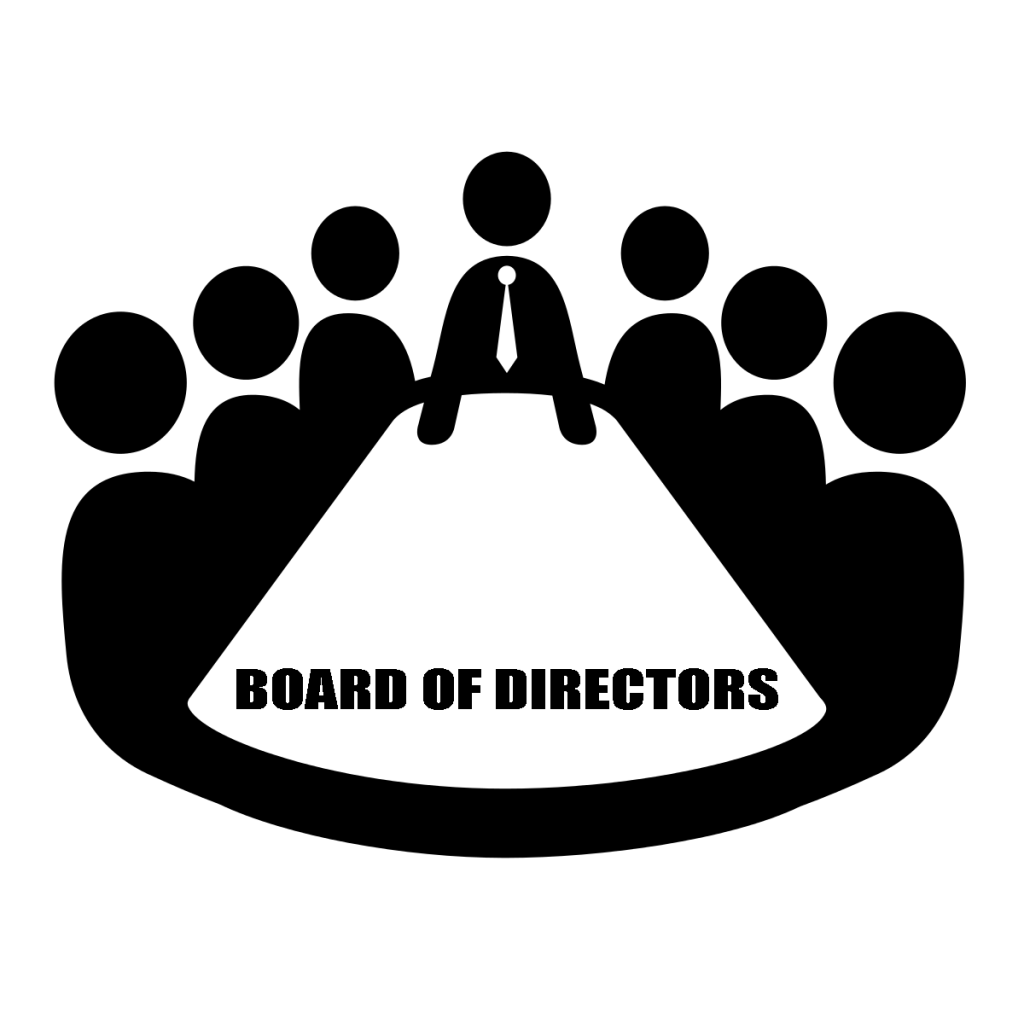
provenience.in image
By Casey Bukro
Ethics AdviceLine for Journalists
A publisher, at the top of a media organization’s pecking order, might scold underlings for stepping out of line ethically.
But who scolds a publisher?
That is one of the underlying issues brought to AdviceLine where publishers and other high-ranking editors decide to serve on the boards of outside groups, including civic organizations.
Civic organizations typically hope this cozy relationship with media leaders will result in publicity. For media leaders, it often is seen as a way to serve and create ties with the community.
But is it a good idea? It can lead to trouble.
The publisher of a Tennessee newspaper called AdviceLine, saying: “I have a difficult confidentiality problem.”
The publisher was a member of the board of directors for an international nonprofit fundraising organization. In an emergency board meeting, the publisher learned from the organization’s new executive director that the former executive director failed to file federal tax forms by the time required.
Penalties owed
The penalty for such an oversight is $90 a day, and the organization already owes the federal government more than $20,000. Failure to file the tax forms and pay the penalty before a looming deadline could result in a bigger fine and loss of the organization’s nonprofit status.
As far as anyone could tell, no fraud was involved, just wretched administration, terrible book-keeping and poor audits. The nonprofit organization has enough cash on hand to pay the penalty in time to avoid any further losses. But that was money intended for local charities and other worthy groups in a cash-strapped rural area.
The board’s immediate actions will include paying the penalty, getting the organization’s financial records audited and deciding when and how to explain all of this to the public.
A complicating factor is that a fund raising drive is now under way. Donors might be less generous if they knew of the nonprofit organization’s tax, financial and management problems.
Publish now or later?
The publisher asked AdviceLine if he would be acting ethically if he refrains from publishing what he knows immediately? Can he wait until the problems are fixed?
“We talked at length about benefit and harm,” the AdviceLine adviser wrote in his case report. The publisher’s reasoning mirrored the adviser’s.
“Although the public will be much upset at this, and at the misapplication of their previous contributions, the cause of that has been remedied already by the arrival of the new, and competent, executive director.
“So there is no great loss to the public in not knowing this right at this time, whereas there is good reason to believe that, even with the corrective action already taken…many people might reduce their contributions and many potential beneficiaries of (the organization) might suffer accordingly.
Benefit and harm
“That is, reporting this matter right now seems to produce more harm than benefit to the public.”
The adviser adds, however, that all of that depends on whether the board and the executive director took the corrective actions needed, then reported the situation to the public.
If they failed to do that, “then there would be a story that would then need to be told promptly; but that is not yet the situation.” The publisher does not expect that situation to arise because the board is determined to act properly and promptly, “including proper notification of the public when all the facts are in order and all the remediation with the feds has been attended to.”
The publisher has one additional concern: In preserving the board’s confidentiality, he might appear to the board, and later to the public, “to be involved in covering up something that, as a journalist, he should have reported.”
The reasoning
Said the AdviceLine adviser: “But I told him that the reasoning we had just gone through was the appropriate benefit-harm reasoning for the case from a professional ethics point of view, and in fact that the principles supporting this would be found (in general terms only, however) in the SPJ (Society of Professional Journalists) code” of ethics.”
The Ethics AdviceLine for Journalists has a team of four ethicists, all of whom teach or taught ethics in universities. They meet periodically to review advice that was given to journalists who called or query AdviceLine for guidance.
In this case, several ethicists vehemently disagreed with the advice that was given. They pointed out that one of the main themes of the SPJ code of ethics is to seek the truth and report it.
Ethics tricky
This case helps to underscore that even professional ethicists do not always agree on what is an ethical course of action. Ethics is tricky business, especially when applied to journalism.
The ethicist involved in the case accurately spelled out the benefit-harm reasoning often used to resolve ethics problems. But in this case, it could be argued that it led to a debatable conclusion.
The opposing ethicists pointed out that the public had a right to know immediately how money donated for charity and other worthy causes was being managed.
No doubt, the nonprofit organization with management problems would be embarrassed by such disclosures. But the publisher in this case failed to recognize where his greatest loyalties lie: To the public. And he does risk being seen as a participant in a coverup, as he feared.
In a jam
He got himself in this jam by serving on that nonprofit organization’s board of directors. This is not a rare or isolated ethics issue.
The Washington Post recently reported that NBC News Group chairman, Cesar Conde, is a member of Walmart and PepsiCo’s corporate boards – for which he earned $595,018 in 2022 in cash and stock.
There’s no evidence that Conde has been involved with any NBC stories about the two outside corporations, but the Post said “the arrangement has raised some ethical concerns, and reveals a potential blind spot for a news business usually very serious about conflicts — real or perceived.”
The headline on the Post story read: “Outside roles by NBC’s Conde, others reveal a journalism ethics issue: being paid to sit on boards.” Others include CNN’s chief executive and Amazon founder Jeff Bezos, owner of the Washington Post.
Paid positions
Paying news executives to sit on corporate boards brings the issue to a new level of concern. They amount to paid jobs.
Typically, editors and publishers serve as volunteers on the boards of local school or civic organizations. A similar case in which an editor asked AdviceLine for help led to some guidelines that could be useful.
An editor for the Mankato Free Press in Minnesota asked about the wisdom of editors joining civic groups.
In that case, the AdviceLine adviser said the first rule should be to avoid influencing, or interfering with, reporting on civic organizations – as was done in the Tennessee nonprofit organization case.
The Free Press editor was concerned that editors and publishers schmoozing with community power brokers sends a mixed message to reporters – that it looks like editors are breaking the traditional barriers between the editorial and business departments.
Staff feedback
In the Mankato case, AdviceLine urged the editor to discuss the situation with her staff to get feedback on how best to avoid compromising the paper’s standards.
This is a good ethics strategy: Get everyone involved in thinking about what is good for the organization. They become part of reaching solutions.
Later, AdviceLine called the Free Press editor to ask what happened in this case.
The newspaper was bought by another media company, which had a corporate handbook. It encouraged journalists to “participate in worthwhile community activities, so long as they do not compromise the credibility of news coverage or the independence of the newspaper.
“Avoid involvement in organizations or activities that could create a conflict of interest or an appearance of conflict.”
It helps to have written corporate policies that are known and understood by the staff, and by management, who sometimes think ethics rules don’t apply to them.
******************************************************
The Ethics AdviceLine for Journalists was founded in 2001 by the Chicago Headline Club (Chicago professional chapter of the Society of Professional Journalists) and Loyola University Chicago Center for Ethics and Social Justice. It partnered with the Medill School of Journalism at Northwestern University in 2013. It is a free service.
Professional journalists are invited to contact the Ethics AdviceLine for Journalists for guidance on ethics. Call 866-DILEMMA or ethicsadvicelineforjournalists.org.


